What are the problems with Education?

According to Jal Mehta, Professor of Education and Faculty Co-Chair Learning Design, Innovation, and Technology (LDIT) at Harvard’s Graduate School of Education, most students by high school find it tedious, and most worryingly, irrelevant:
- When Gallup asked teens in 2004 to select the top three words that describe how they feel in school from a list of 14 adjectives, “bored” was chosen most often, by half the students. “Tired” was second, at 42 percent. Only 2 percent said they were never bored. The evidence suggests that, on a daily basis, the vast majority of teenagers seriously contemplate banging their heads against their desks.
- A 2013 Gallup poll of 500,000 students in grades five through 12 found that nearly eight in 10 elementary students were “engaged” with school, that is, attentive, inquisitive, and generally optimistic. By high school, the number dropped to four in 10.
- A 2015 follow-up study found that less than a third of 11th-graders felt engaged.

The progress of teen apathy is fueled by
- The transition from the tactile and creative to the cerebral and regimented – Mehta calls it the switch from “child-centered learning to subject-centered learning”
- Educators not empowered in their schools to teach student-centered curricula that inculcates student agency and problem-solving competencies that students feel are relevant to their lives
- Social media, which ‘mediates’ our kids’ lives to the extent that most are not acquiring the necessary personal confidence and social skills to thrive
- An emphasis on standardized tests (*this is finally changing in BC)
- The novelty of school itself fades with each grade – repetition begets boredom
- Lack of motivation – Mehta says, “There’s no big external motivating force in education except for the small fraction of kids who want to go to the most selective colleges.”

The other big problem is most students lack college/workforce preparedness. A key result from a survey among parents of recent public high school graduates released in August of 2015 found 6 in 10 recent high school graduates say they would have worked harder if they knew then what they know now about the expectations of college and the work world. A survey of BC business leaders from 2019 found a consensus that BC schools do not offer enough progressive curricula and pedagogy that truly prepare graduates for the workforce. An article in Forbes, “Why Aren’t Graduates Ready For Work? They’re The Least Working Generation In U.S. History”, found that even college grads aren’t graduating work-ready. Another telling stat I got from Bryan Caplan’s book “The Case Against Education: Why the Education System Is a Waste of Time and Money” is college graduates earn more than non-graduates mainly because employers believe scholastic achievement provides “useful information on their productivity”, but this assumption is based on zero empirical evidence.
As an educator for 30 years, I have come finally to want for all kids an educational experience that empowers them, regardless of background and interests, to engage, advocate, and think critically about issues facing them and their communities. In next week’s article, I will offer a vision of school that is meant to fix the problems of education I have summarized here.

